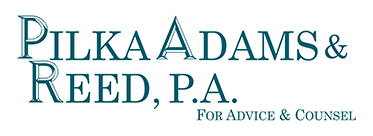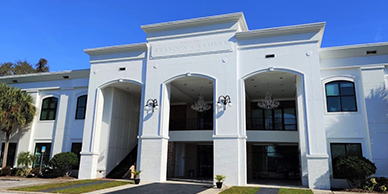Many condominium owners in Florida might wonder about the necessity of availing insurance for their homes, especially as most condo associations already have a master policy in place. Additionally, state law does not mandate homeowners to purchase condo insurance.
What does condo insurance cover, and how is it different from the homeowners association’s master policy?
What does the master policy cover?
The homeowners association’s master insurance policies typically come in two forms. The first one, aptly called the “bare walls” condo master policy, covers all real property outside the unit’s walls. Meanwhile, the “all-in” condo master policy offers a more comprehensive form of coverage, including the exterior and some interior of the building.
It is crucial to remember that the HOA’s master policy has limitations. Suppose there is a fire or water leakage. Master policies typically cover the reconstruction costs of exterior and communal areas but not the inside of the condo unit. Condo insurance will be the one to step in to fill the gaps left by the master policy, covering the costs of fixing interior walls and damage to personal belongings.
What does condo insurance cover?
In case of theft, damage or loss, condo insurance can cover the cost of replacing a wide range of personal belongings, from furniture and electronics to clothing and jewelry.
Homeowners can also protect themselves from personal liability if someone is injured within the unit or if the homeowner accidentally causes damage to someone else’s property. An insurance policy’s liability coverage will cover the legal fees or medical bills, enabling policyholders to avoid out-of-pocket expenses that could emerge following accidents.
A condo association’s master policy is crucial to protecting a building and the people living within its vicinity. However, a condo insurance policy can also be an indispensable financial tool. Beyond tangible benefits, condo insurance policies can provide homeowners with peace of mind, knowing they are protected against the financial risks that come with being a homeowner in Florida.

